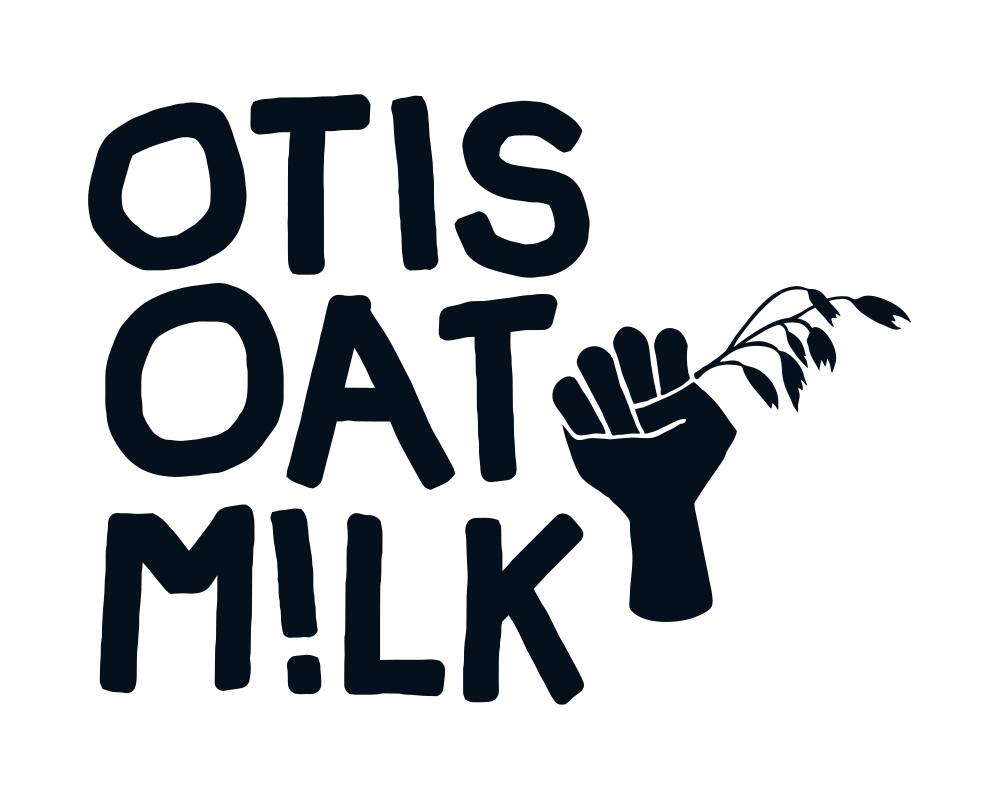

Otis Oat Milk

Otago Region, New Zealand
June 2024
Beverages
Wholesale/Retail
Hong Kong S.A.R.,
Indonesia,
New Zealand,
Singapore,
Vietnam
Otis was founded in 2018 as New Zealand’s first homegrown milk alternative, made using sustainable New Zealand grown oats, cared for by some of the best farmers in the world, with the north star mission of diversifying the country’s agricultural landscape away from intensive dairy farming. Served in some of New Zealand and southeast Asia’s leading cafes and supermarkets, Otis products are a premium, nutritious and delicious milk alternative, packed with the superfood element of the oat grain, the soluble fibre beta glucan. Community comes first at Otis, so with every litre of Otis sold we give 1% of sales back to our grower group to help continue the development of our oat variety, to ensure its fit for purpose in a future farming environment and fostering healthy rural communities. For more information on the care the Otis team put into their work, and some flavour of the impact we try to have on our wider ecosystem, visit www.otisoatmilk.co.nz
Overall B Impact Score
Governance 14.4
Governance evaluates a company's overall mission, engagement around its social/environmental impact, ethics, and transparency. This section also evaluates the ability of a company to protect their mission and formally consider stakeholders in decision making through their corporate structure (e.g. benefit corporation) or corporate governing documents.
What is this? A company with an Impact Business Model is intentionally designed to create a specific positive outcome for one of its stakeholders - such as workers, community, environment, or customers.
Workers 17.6
Workers evaluates a company’s contributions to its employees’ financial security, health & safety, wellness, career development, and engagement & satisfaction. In addition, this section recognizes business models designed to benefit workers, such as companies that are at least 40% owned by non-executive employees and those that have workforce development programs to support individuals with barriers to employment.
Community 11.5
Community evaluates a company’s engagement with and impact on the communities in which it operates, hires from, and sources from. Topics include diversity, equity & inclusion, economic impact, civic engagement, charitable giving, and supply chain management. In addition, this section recognizes business models that are designed to address specific community-oriented problems, such as poverty alleviation through fair trade sourcing or distribution via microenterprises, producer cooperative models, locally focused economic development, and formal charitable giving commitments.
What is this? A company with an Impact Business Model is intentionally designed to create a specific positive outcome for one of its stakeholders - such as workers, community, environment, or customers.
Environment 40.0
Environment evaluates a company’s overall environmental management practices as well as its impact on the air, climate, water, land, and biodiversity. This includes the direct impact of a company’s operations and, when applicable its supply chain and distribution channels. This section also recognizes companies with environmentally innovative production processes and those that sell products or services that have a positive environmental impact. Some examples might include products and services that create renewable energy, reduce consumption or waste, conserve land or wildlife, provide less toxic alternatives to the market, or educate people about environmental problems.
What is this? A company with an Impact Business Model is intentionally designed to create a specific positive outcome for one of its stakeholders - such as workers, community, environment, or customers.
Customers 2.1
Customers evaluates a company’s stewardship of its customers through the quality of its products and services, ethical marketing, data privacy and security, and feedback channels. In addition, this section recognizes products or services that are designed to address a particular social problem for or through its customers, such as health or educational products, arts & media products, serving underserved customers/clients, and services that improve the social impact of other businesses or organizations.